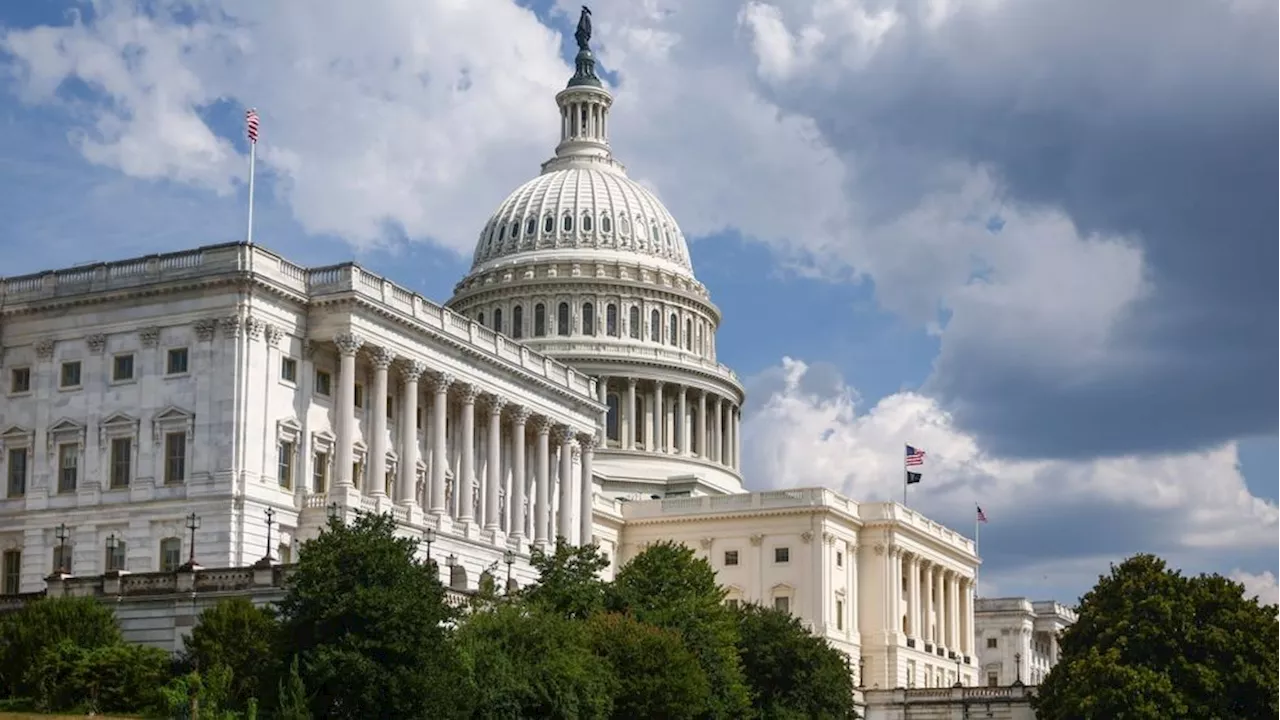The Congressional Progressive Staff Association (CPSA) has withdrawn its proposal for a 32-hour workweek for congressional staffers after facing criticism from both Republican and Democratic lawmakers. The association argued that the shorter workweek would improve employee well-being and productivity, but representatives countered that such a demand was unrealistic and out of touch with the demands of public service.
Progressive congressional staff ers have withdrawn their request for a 32-hour workweek after facing bipartisan criticism from lawmakers. The Congressional Progressive Staff Association (CPSA) initially proposed the shorter workweek, arguing it would improve employee satisfaction and retention, while also modeling a more sustainable approach to work. They claimed it would boost productivity and enhance staffers' quality of life.
However, the proposal was met with swift backlash from both Republican and Democratic representatives. Rep. Ritchie Torres (D-NY) questioned how blue-collar Americans would perceive white-collar workers advocating for a 32-hour workweek. Rep. Chip Roy (R-TX) urged staffers to 'grow up,' recalling his own experiences working long hours as a staffer and expressing willingness to do so again for important legislative tasks. In a press release, CPSA acknowledged the dedication of its members to serving the American people and emphasized the need for Congress to address longstanding workplace issues. While they conceded that a 32-hour workweek is not a current solution, they reaffirmed their commitment to serving constituents and advancing causes that prioritize working-class people. The association had initially addressed its request to prominent congressional leaders, including House Speaker Mike Johnson (R-LA), House Minority Leader Hakeem Jeffries (D-NY), Senate Majority Leader John Thune (R-SD), and Senate Democratic Leader Chuck Schumer (D-NY).
Congressional Staff Work Week 32-Hour Workweek Bipartisan Backlash Progressive Democrats
United States Latest News, United States Headlines
Similar News:You can also read news stories similar to this one that we have collected from other news sources.
 Progressive Congressional Staffers Propose 32-Hour Workweek, Drawing CriticismThe Congressional Progressive Staff Association has suggested a 32-hour workweek for congressional staffers when lawmakers are in their districts, arguing that it would reduce burnout. The proposal has been met with widespread mockery and criticism from lawmakers and political commentators who argue that it is unrealistic and out of touch with the demands of the job.
Progressive Congressional Staffers Propose 32-Hour Workweek, Drawing CriticismThe Congressional Progressive Staff Association has suggested a 32-hour workweek for congressional staffers when lawmakers are in their districts, arguing that it would reduce burnout. The proposal has been met with widespread mockery and criticism from lawmakers and political commentators who argue that it is unrealistic and out of touch with the demands of the job.
Read more »
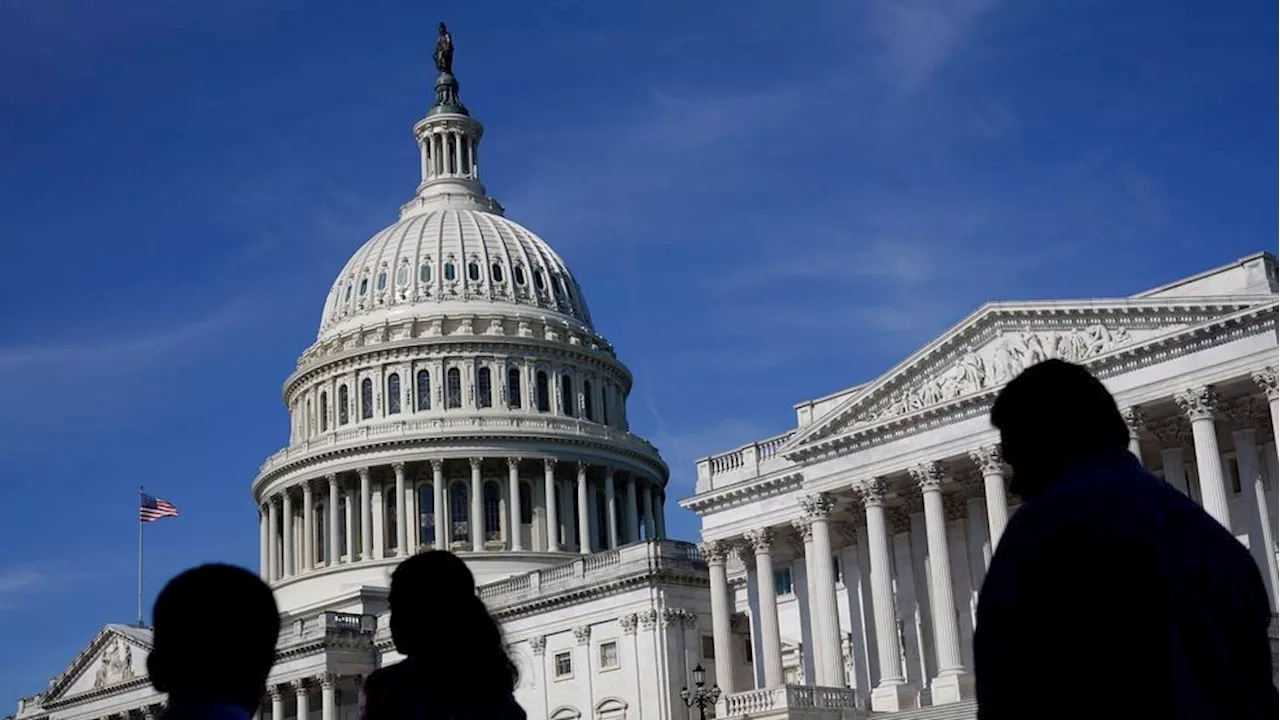 Progressive congressional staffers push for 32-hour workweekHaving a 32-hour workweek on a 'rotating basis' would improve worker satisfaction and retention, the Congressional Progressive Staff Association said Thursday.
Progressive congressional staffers push for 32-hour workweekHaving a 32-hour workweek on a 'rotating basis' would improve worker satisfaction and retention, the Congressional Progressive Staff Association said Thursday.
Read more »
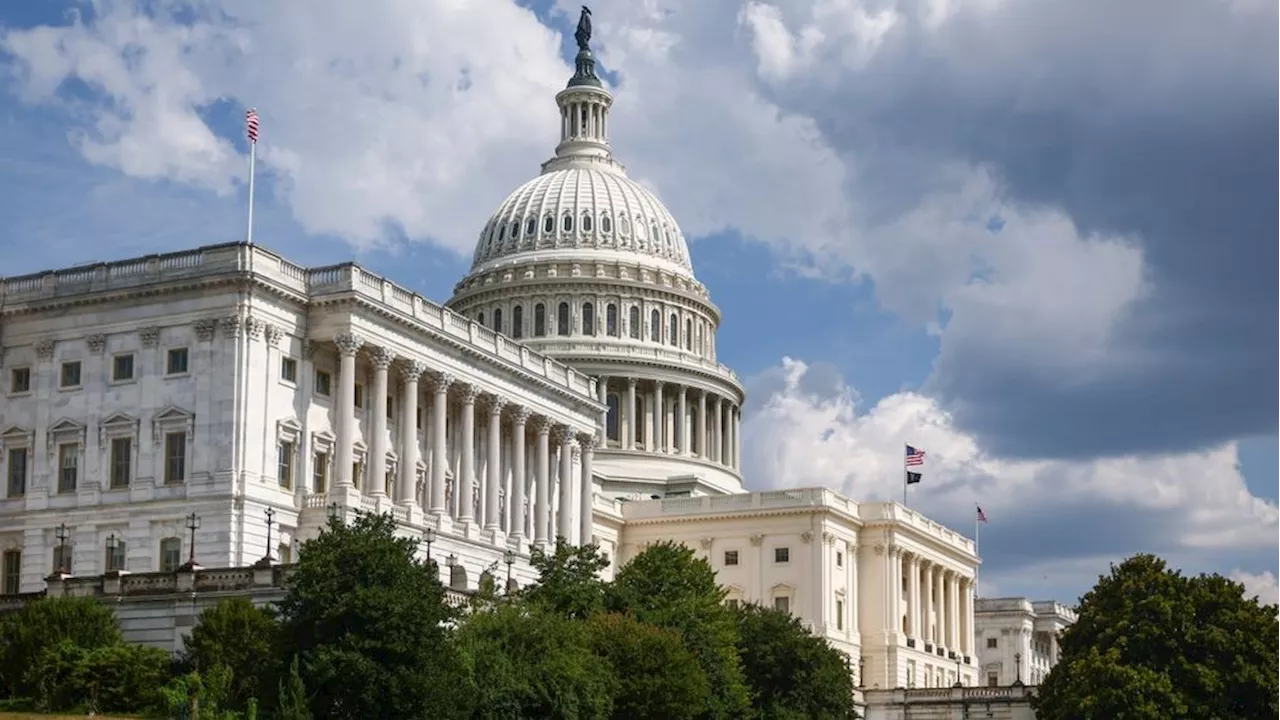 Progressive congressional staffers drop 32-hour workweek request after bipartisan backlashThe Congressional Progressive Staff Association issued a press release Friday saying its initial letter 'failed to make two things clear.'
Progressive congressional staffers drop 32-hour workweek request after bipartisan backlashThe Congressional Progressive Staff Association issued a press release Friday saying its initial letter 'failed to make two things clear.'
Read more »
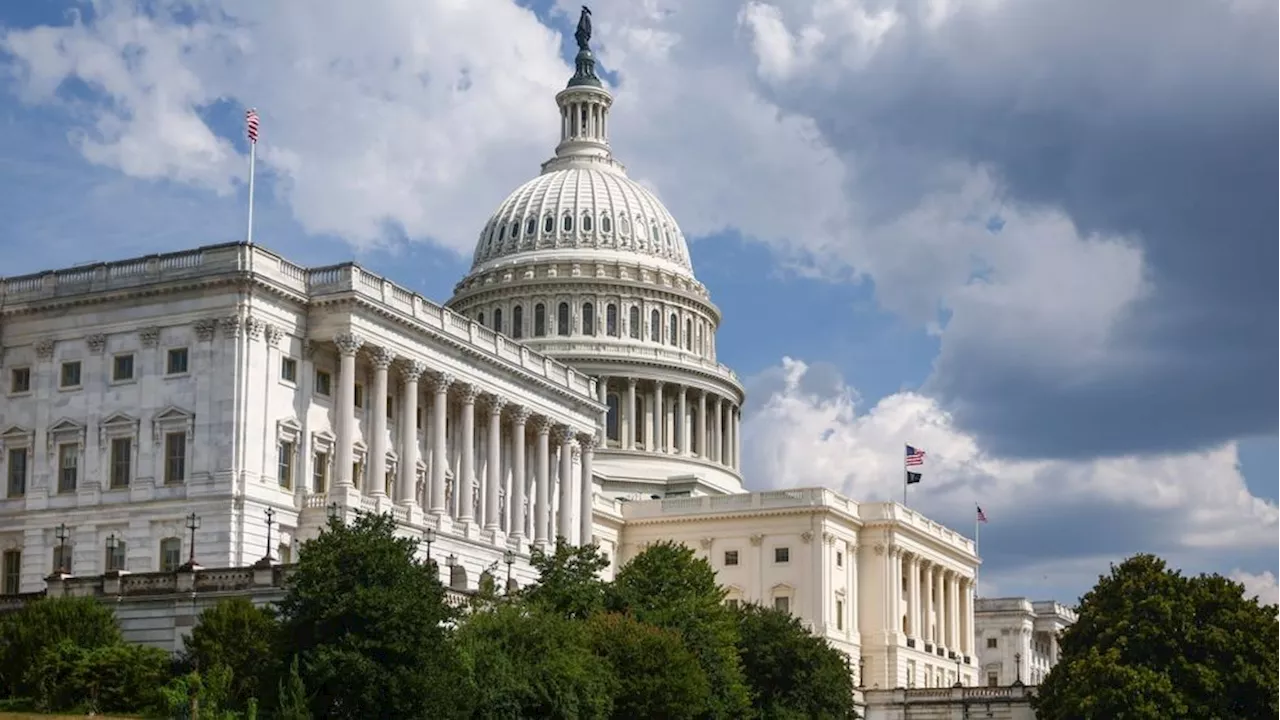 Progressive congressional staffers drop 32-hour workweek request after bipartisan backlashThe Congressional Progressive Staff Association issued a press release Friday saying its initial letter 'failed to make two things clear.'
Progressive congressional staffers drop 32-hour workweek request after bipartisan backlashThe Congressional Progressive Staff Association issued a press release Friday saying its initial letter 'failed to make two things clear.'
Read more »
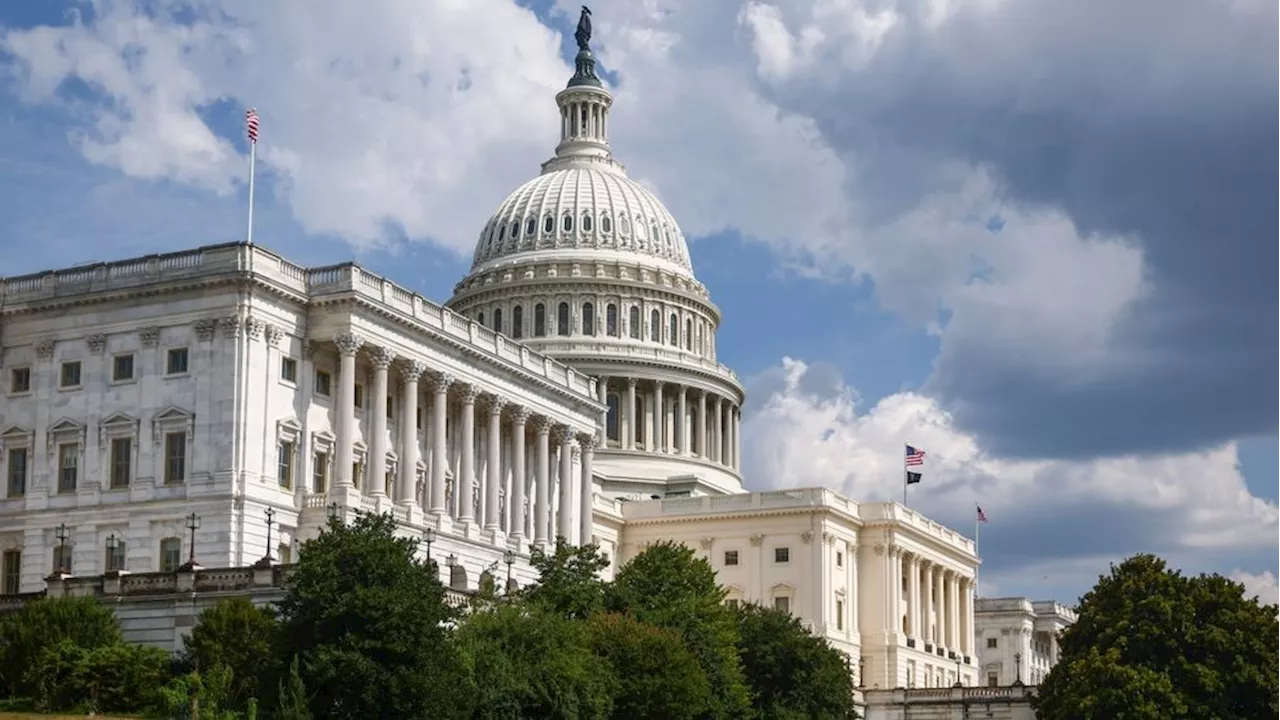 Progressive Congressional Staffers Drop 32-Hour Workweek Demand Amid BacklashThe Congressional Progressive Staff Association (CPSA) has withdrawn its request for a 32-hour workweek for congressional staffers following criticism from both Democrats and Republicans. The CPSA argued that a shorter workweek would benefit employee well-being and productivity, but lawmakers expressed concerns about the feasibility and potential impact on legislative operations.
Progressive Congressional Staffers Drop 32-Hour Workweek Demand Amid BacklashThe Congressional Progressive Staff Association (CPSA) has withdrawn its request for a 32-hour workweek for congressional staffers following criticism from both Democrats and Republicans. The CPSA argued that a shorter workweek would benefit employee well-being and productivity, but lawmakers expressed concerns about the feasibility and potential impact on legislative operations.
Read more »
 Congressional Progressive Staff Propose 32-Hour WorkweekProgressive staff members working for congressional lawmakers have requested a 32-hour workweek schedule, arguing that it would improve employee retention and working conditions. The Congressional Progressive Staff Association sent a letter to House and Senate leaders outlining their proposal, emphasizing the benefits of a more sustainable work environment.
Congressional Progressive Staff Propose 32-Hour WorkweekProgressive staff members working for congressional lawmakers have requested a 32-hour workweek schedule, arguing that it would improve employee retention and working conditions. The Congressional Progressive Staff Association sent a letter to House and Senate leaders outlining their proposal, emphasizing the benefits of a more sustainable work environment.
Read more »
